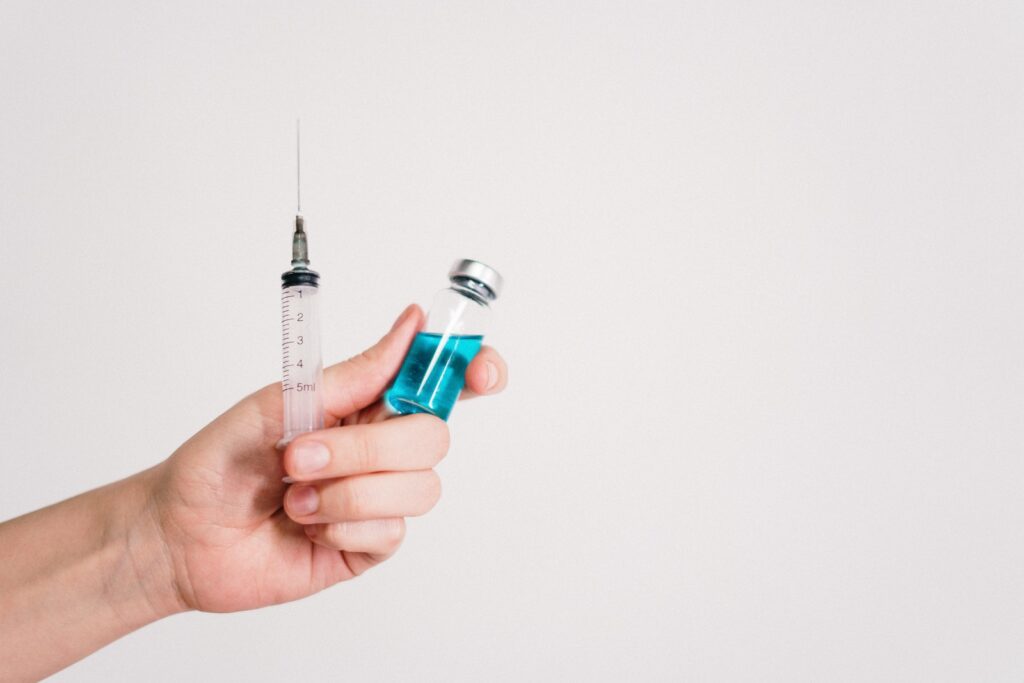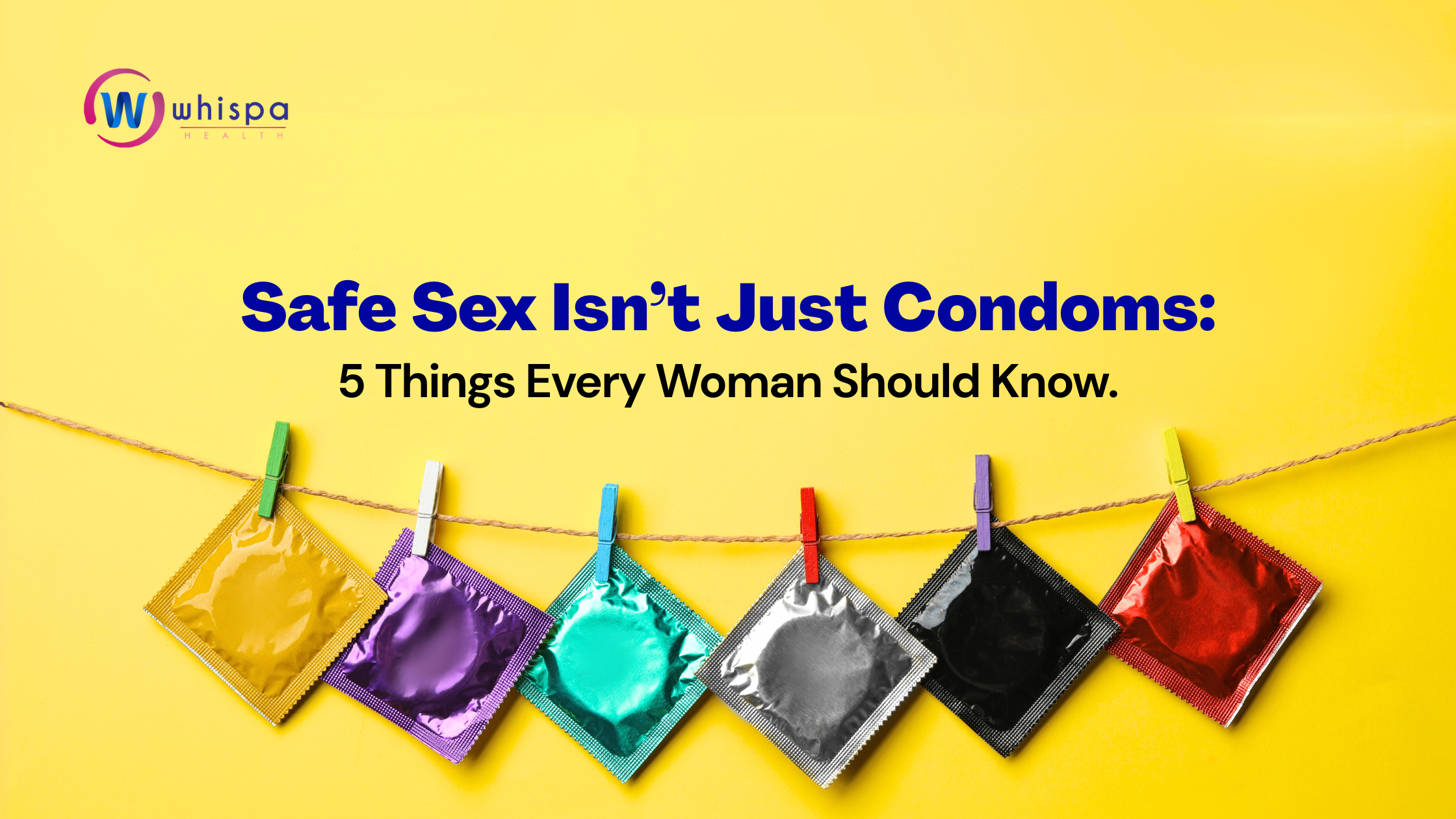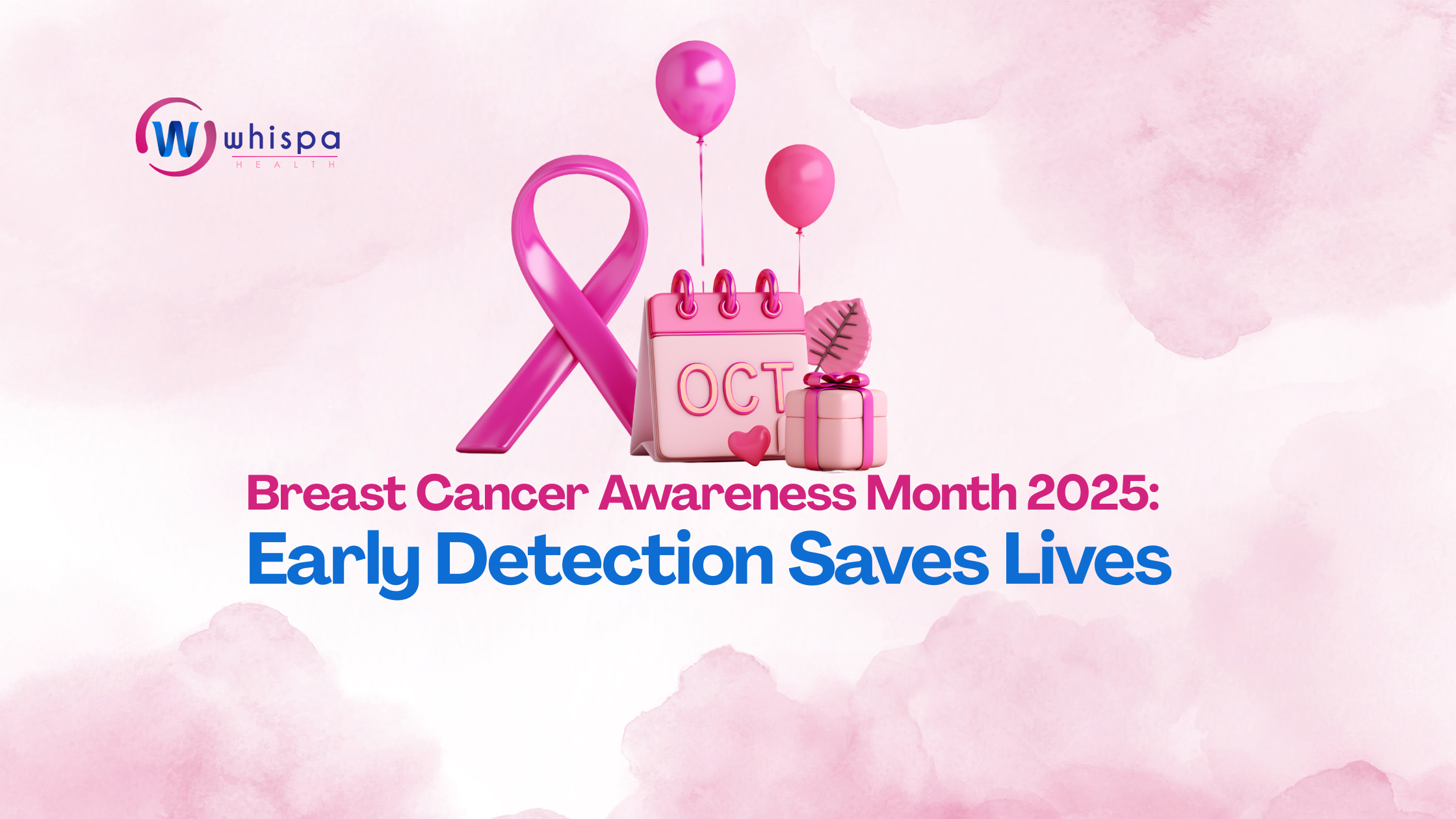Yes, there are vaccines that would protect you from STIs.
STI stands for Sexually Transmitted Infections, and it stands for a range of infections that can be contracted when you have sexual relations with an infected person. The truth is there is no 100% guaranteed way to prevent STIs, but the best ways to prevent STIs are:
-
- By abstaining from sex (obviously! Should we even have to mention this?),
- By using condoms/dental dams every time you have sex (this includes oral and anal sex)
- And also by staying faithful to one partner (it helps if that partner is also faithful to you)
Now another less talked about method of preventing ‘some’ STIs is Vaccination.
There are vaccines for STIs…?
Yes, there are, but there is no general vaccine that will protect against Sexually Transmitted Infections, and in fact, there are only three kinds of STIs that can currently be prevented with vaccination. They are:
- HPV (Human PapillomaVirus),
- HAV (Hepatitis A Virus), and
- HBV (Hepatitis B Virus).
Not to worry, there are some other vaccines for STIs that are still under development. This includes vaccines for Genital Herpes and HIV. Hopefully, these vaccines would become available and accessible soon enough.
So let’s quickly discuss the available vaccines for STIs
1. Human PapillomaVirus (HPV) Vaccines
There are currently over a hundred different kinds of HPVs. However, only 40 of these viruses can be transmitted during sex as an STI. In addition, some strains of HPV are regarded as low-risk, some of these kinds/strains of HPV cause genital warts, while the most dangerous ones can result in cancer of the cervix, anus, throat, and mouth. These dangerous strains of HPV are what available vaccines are designed to prevent.
Did you know that children from as young as 9 years old can take HPV vaccines and even women up to age 45? In addition, young adults who have not been vaccinated can also take the Human Papillomavirus vaccine and it is best taken before you start sexual activity (while you are still a virgin). In Nigeria, the HPV vaccines that are readily available are mostly for girls and women only but there is an option for boys and men that will be readily available soon. (HPV vaccines will be available on WHISPA soon)
2. Hepatitis A Virus (HAV) vaccines
HAV is acquired mostly from consuming food that contains feces from an infected person. We are mentioning it here because it is also acquired when you have oral-anal sex with an infected person. Men who sleep with men or anyone who frequently has anal sex is especially at risk. Most of the time, it shows temporary symptoms that resolve on its own and do not result in long-term liver damage but in some cases, it does and leads to liver failure.
In some cases, recovery from symptoms can be slow and may last for weeks or months. This is why the Hepatitis A vaccine is highly recommended to help prevent this infection. For your info, many children born before the year 2000 did not receive this vaccine as part of their routine childhood vaccination and it requires 2 shots taken over a period of 6 months. (HAV vaccine will be available on WHISPA soon)
3. Hepatitis B Virus (HBV vaccines)
Hepatitis B is a viral infection, an STI that can severely damage the liver. It is most commonly transmitted as an STI through unprotected sex with an infected partner. other to children during childbirth is another form of transmission. Coming in contact with infected blood eg, through blood transfusions or sharing sharp objects like needles or syringes, also transmits it.
Everyone should take the HBV vaccine and preferably before the first sex (whether oral, anal, vaginal, etc).




